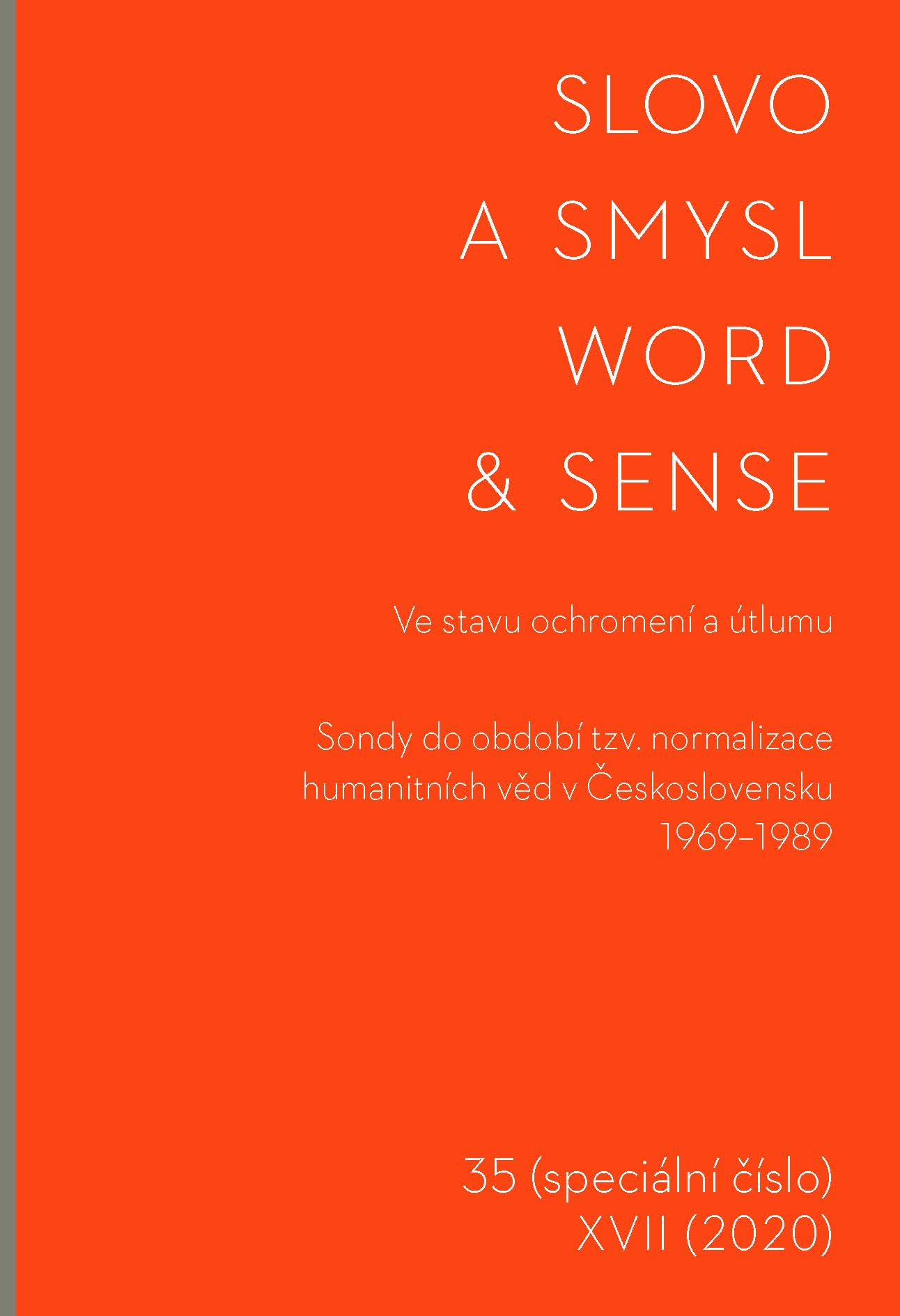Byla normalizace normální?
Was Normalisation Normal?
Author(s): Petr FideliusSubject(s): Language and Literature Studies, Post-War period (1950 - 1989)
Published by: Univerzita Karlova v Praze - Filozofická fakulta, Vydavatelství
Keywords: emantic analysis; normalisation; consolidation; 1948; 1968; communism
Summary/Abstract: The author focuses on the semantics of the terms ‘normalisation’ and ‘consolidation’. He then expands his initial analysis to the broader historical context in order to understand how these terms came to characterize the tactics and strategies of the communists after 1948. The author emphasizes how the pretence of normalcy was a central strategy of the Communist regime from the very beginning, arguing that the revolution it carried out in February 1948 was no more than a rhetorical one – a ‘rev olution’ in scare quotes. In reality, it was a shrewdly calculated coup that combined a constitutional loophole with the threat of armed violence. Under the effective pretence that they were acting to save an endangered ‘national path to socialism’ on which the country had previously set out in 1945, the Communists were able to take power. Outwardly, everything pointed to a ‘normal’ transition of government, to which end they took great care, at least in the first months, to present President Beneš as symbolically supportive of the transition to the new order. This is also why they did not dissolve institutional structures but instead assimilated them into the National Front, including sev eral non communist parties that would subsequently help them play up the appearance of ‘normal’ constitutional democratic procedure in parliament and the government before the domestic and foreign audience. Similarly, rather than forming extraordinary courts, they simply made use of the ‘normal’ judicial machinery for repressive purposes. The question thus arises whether this masterful simulation of normality was not one of the more important factors (along with the precision targeted repression and corruption of key social groups), which, in the broader strata of society, blunted what little remained of the will to resist, in this way contributing to the stability of the regime in both the post-1948 and post-1968 contexts.
Journal: Slovo a smysl
- Issue Year: 17/2020
- Issue No: 35
- Page Range: 19-25
- Page Count: 7
- Language: Czech

